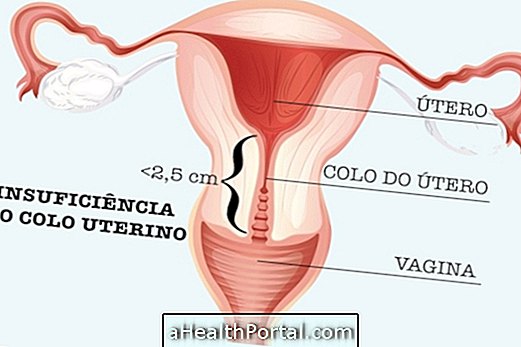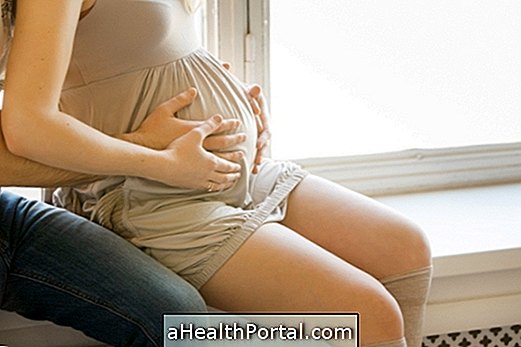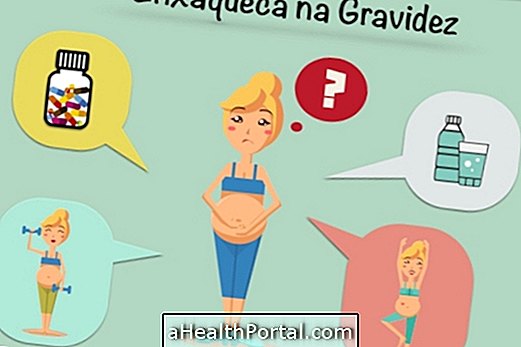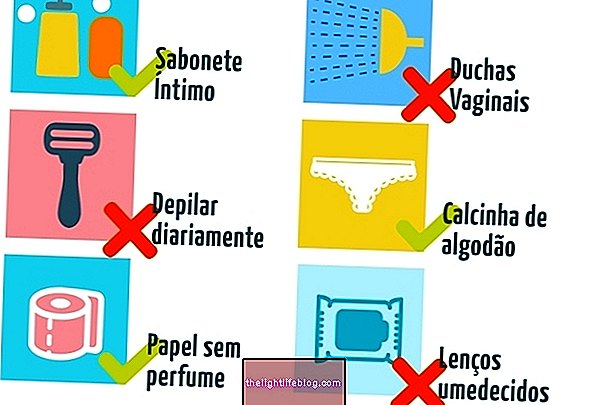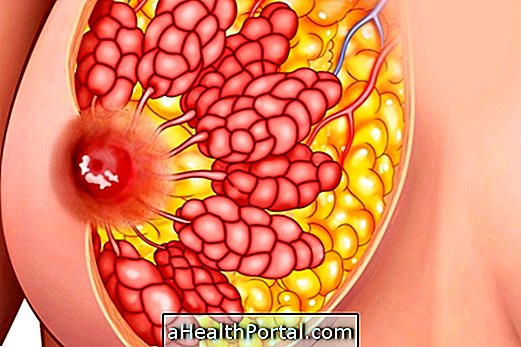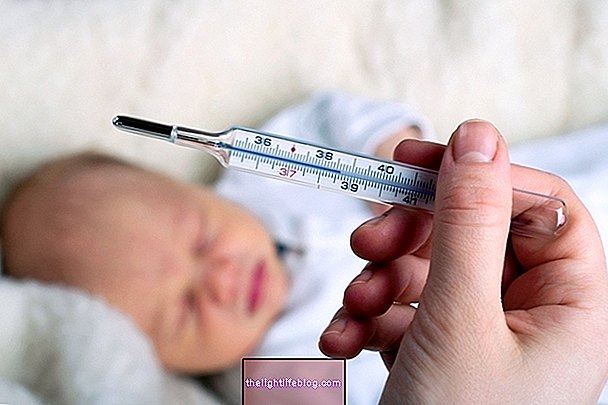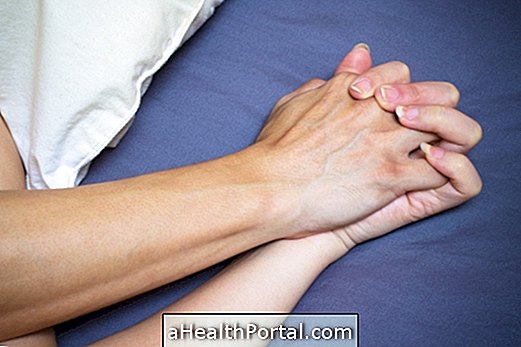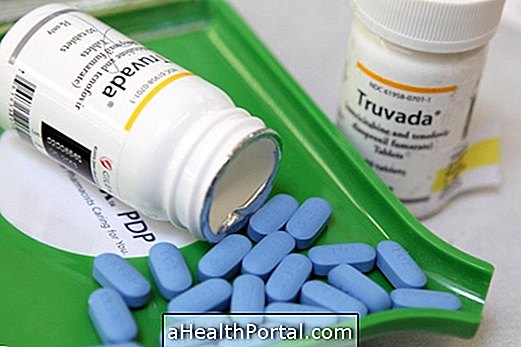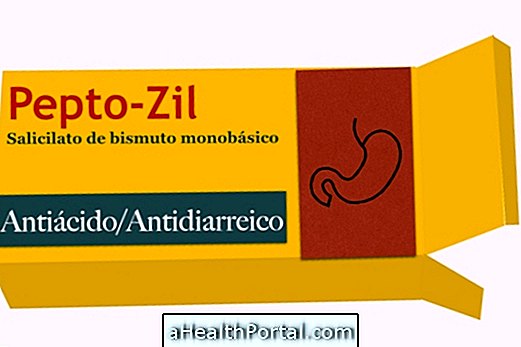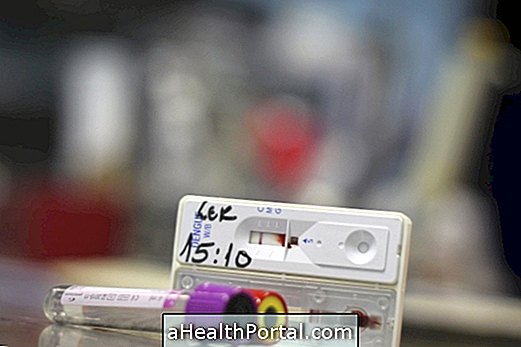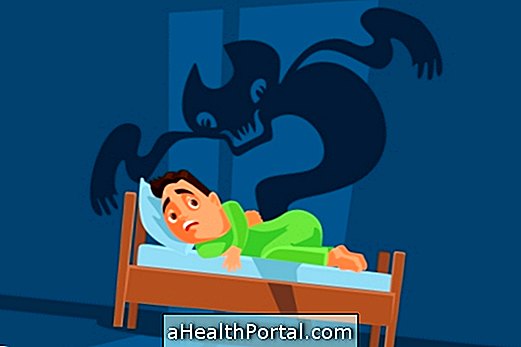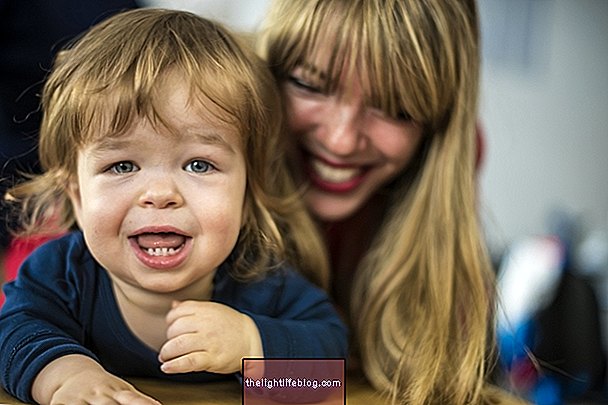Postpartum depression is a psychological disorder that can occur soon after the baby is born or until the baby is 6 months old, causing symptoms of persistent discouragement, feelings of guilt, difficulty sleeping, decreased appetite, and decreased libido. Learn more about this problem in Understanding Postpartum Depression.
Taking the test to find out if you are having postpartum depression can help you identify depression early, increasing the chances of a cure, so answer the following questions and know in a moment if you may have depression:
- 1
- 2
- 3
- 4
- 5
- 6
- 7
- 8
- 9
- 10
Rapid test to indicate Postpartum Depression. Respond, preferably, between the 2nd week and the 6th month of the baby.
Start the test


- Ever.
- Sometimes.
- No, never.

- Ever.
- Sometimes.
- No, never.

- Do not.
- Sometimes.
- All the time.

- Do not.
- Sometimes.
- Very often, more than 4 times a week.

- Ever.
- Sometimes.
- No, never.

- Yes, most of the time I can not control the situation.
- Yes, sometimes I can not control the situation.
- No, I can always control the situation.

- Yes, I have a hard time sleeping and I can not rest anything.
- I have difficulty getting to sleep several times a week.
- No, I always do very well.

- No, I'm very happy.
- Yes, I have felt sad or upset more than 3 times a week.
- Yes, I'm almost always sad, upset and tearful.

- Yes, most of the time.
- Yes, but occasionally.
- No, this never happens.

- Nothing has ever happened through my head.
- I've had such thoughts, but they do not happen more than once a week.
- This is a thought I have with some frequency.
Treatment
Treatment for postpartum depression should be started as soon as the diagnosis is made and may include psychotherapy sessions that can help a woman feel better. The remedies may be helpful but should only be used under medical advice because they may impair breastfeeding. Check out a few remedies and natural options for cure postpartum depression in about 12 weeks.
